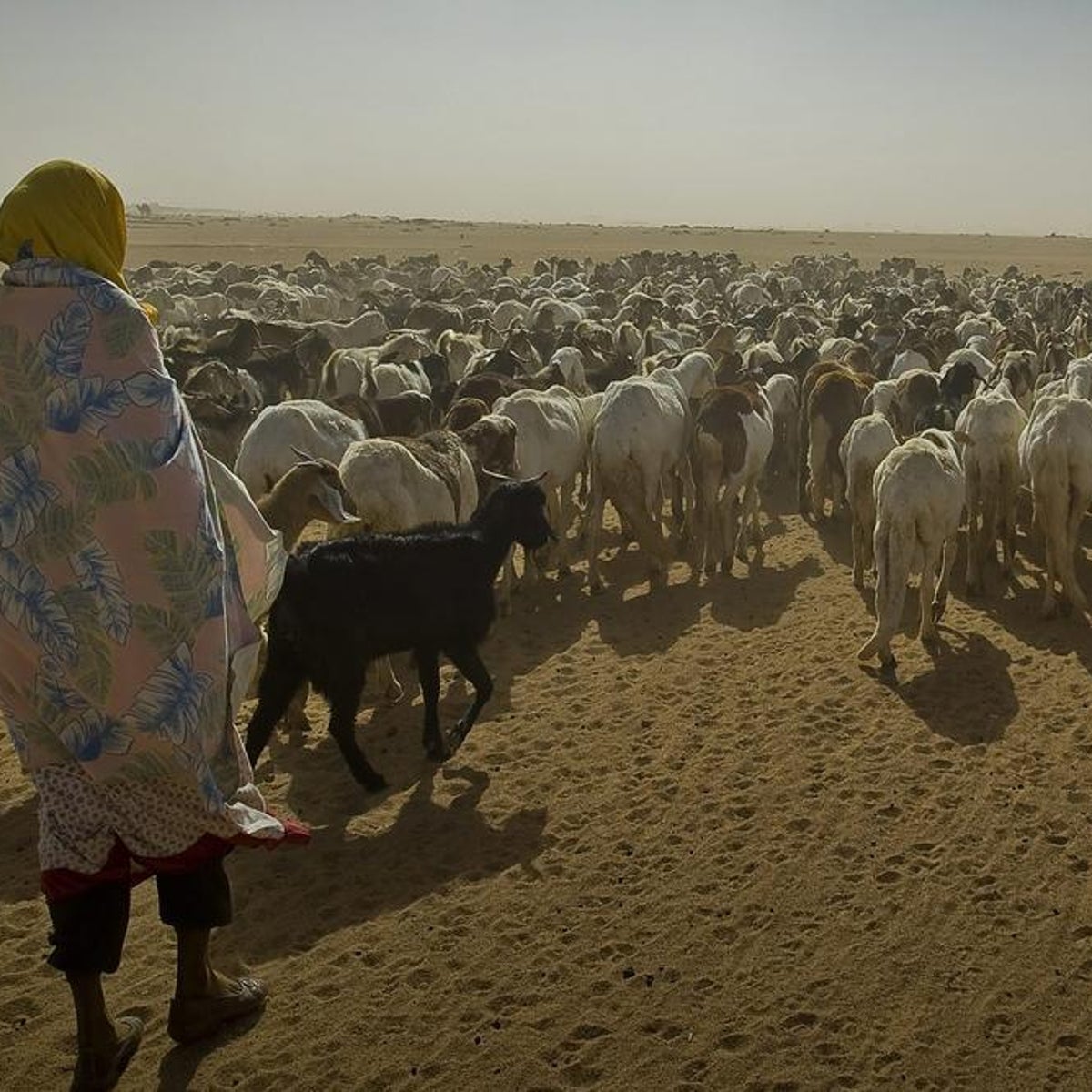The war in Ukraine, which erupted into full-scale conflict in February 2022, has significantly altered the global balance in ways both immediate and far-reaching. This conflict has had profound ramifications for geopolitical alliances, global economics, security frameworks, humanitarian conditions, energy landscapes, and the evolving architecture of international law. Examining these consequences in detail sheds light on how a regional war can send shockwaves through every corner of the world.
Geopolitical Realignment and Power Shifts
One of the most consequential impacts has been the acceleration of existing geopolitical tensions and the emergence of new alliances. The war has catalyzed a redefinition of blocs reminiscent of Cold War dynamics, with NATO and Western allies on one side and Russia, with varying degrees of explicit or implicit support from countries like China and Iran, on the other.
Sweden and Finland, nations with a history of non-alignment, pursued NATO membership, indicating a heightened perception of vulnerability across Europe. As reported by NATO, Finland formally became part of the alliance in April 2023, thereby expanding the NATO–Russia frontier by more than 1,300 kilometers. Concurrently, Russia’s global reputation has suffered, experiencing exclusion from Western organizations, G7 gatherings, and significant scientific and cultural platforms.
Simultaneously, the dispute highlighted the strategic alliance between Russia and China. China’s position, though seemingly impartial, has been marked by abstentions in United Nations ballots and expanded financial collaboration with Russia, sparking worries among Western political leaders regarding the resurgence of spheres of influence.
Shifts in Global Economic Stability and Trade Patterns
The war’s disruption of critical supply chains has exposed the vulnerabilities inherent in globalized economies. Eastern Europe and Russia account for a large share of global wheat, corn, and sunflower oil exports. According to the World Food Programme, more than 400 million people worldwide rely on food supplies from Ukraine and Russia. Blockades in the Black Sea, destruction of Ukrainian agricultural infrastructure, and Western sanctions on Russia have catalyzed spikes in global food prices—thrusting communities in Africa, the Middle East, and South Asia into heightened food insecurity.
The energy sector has been equally impacted. In response to sanctions, Russia reduced or stopped gas deliveries to much of Europe. The sudden scarcity forced European nations to seek alternative suppliers, heavily investing in liquefied natural gas (LNG) facilities and renewable energy, and in some cases, temporarily reopening coal-fired plants. Germany, once reliant on Russia for over half of its gas imports, expedited plans for energy diversification and green transition, investing an estimated 200 billion euros. These adjustments have not only transformed the European energy market but have also altered the energy flows globally, raising LNG prices in Asia and Latin America.
Sanctions have also pressured global financial markets. The freezing of Russian assets, exclusion from international banking networks like SWIFT, and limitations on trade have contributed to market volatility and the re-routing of capital flows, as well as discussions about the future of global reserve currencies. Russia’s increased use of Chinese yuan for trade illustrates a slow but steady de-dollarization trend in certain bilateral exchanges.
Implications for Global Security and Defense Policy
Global security policies have been reevaluated following the conflict in Ukraine. NATO’s enhanced cohesion has led to the most significant troop deployment in Eastern Europe since the alliance’s inception, and defense spending has seen a sharp rise. Germany, for example, declared an unprecedented increase, dedicating over 2% of its GDP to defense for the first time in many decades.
Countries outside of Europe have also taken note. In the Indo-Pacific region, strategic planners in Japan, South Korea, and Taiwan cite the Ukraine conflict as a cautionary lesson about the risks of autocratic aggression. Governments are experimenting with asymmetric defense systems, advanced missile technology, and hybrid warfare strategies to deter potential threats.
The somber significance of nuclear deterrence has resurfaced. Russia’s explicit nuclear threats compelled the United States and its partners to reassess potential dangers, sparking worldwide discussions regarding nuclear missile deployment, preparedness, and arms control agreements, including the struggling New START Treaty.
Humanitarian and Societal Consequences
The scale of human displacement has been staggering. The United Nations High Commissioner for Refugees (UNHCR) reported that more than eight million Ukrainians became refugees, creating the largest refugee crisis in Europe since World War II. Neighboring countries like Poland and Moldova bore the immediate burden, yet the ripple effects required coordinated global humanitarian intervention.
The conflict has also put a strain on the global aid system, which was already struggling due to other emergencies. It led to increased examination of how funds are distributed and highlighted the links between humanitarian and security challenges, with reports suggesting that secondary migration and human trafficking operations have become more prevalent.
The Fragility and Evolution of International Law
Russia’s incursion into a sovereign nation, marked by extensive proof of war crimes and horrific acts, has undermined the foundation of the post-World War II legal framework. The dependability of global legal tools like the Geneva Conventions and the International Criminal Court has faced scrutiny. The West’s extensive sanctions, confiscation of assets, and endeavors to prosecute war crimes have brought forth intricate issues concerning the global applicability and execution of international law. Concurrently, certain nations have leveraged these events to contend that international standards are inconsistently enforced, intensifying disagreements within entities such as the UN Security Council.
Prospective Routes Amidst Persistent Ambiguity
The conflict in Ukraine, extending beyond a regional dispute, represents a pivotal event that is redefining the course of the global order in the twenty-first century. Its wide-ranging effects highlight the complex distribution of power, the instability of energy and food supplies, the re-emergence of military partnerships, and the strain on international legal and humanitarian standards. As this confrontation persists, its implications for worldwide stability continue to evolve, necessitating ongoing adjustments from nations, institutions, and communities across the globe. The critical question that arises is how the international community will manage approaches to coexistence, deterrence, and endurance in a world fundamentally altered by the truths exposed and reshaped by the war in Ukraine.

